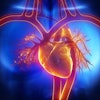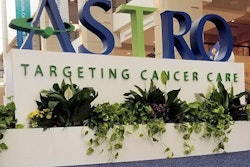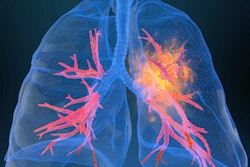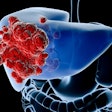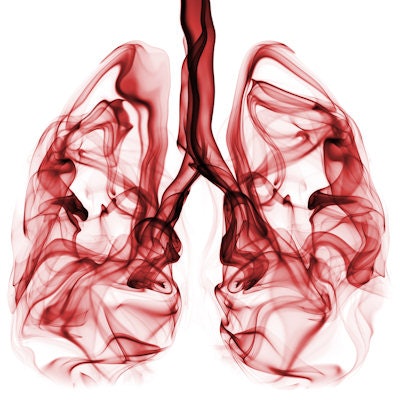
A lung cancer screening program that uses a customized bus to bring low-dose CT to patients in rural or underserved areas effectively expands access to this critical preventive service, according to a study published July 14 in the Annals of Thoracic Surgery.
The program's success suggests that bringing care to patients is a good way to boost screening compliance, study lead author Dr. Rob Headrick of CHI Memorial Chest and Lung Cancer Center in Chattanooga, TN, said in a statement released by the Society of Thoracic Surgeons.
"Every three minutes, someone in the U.S. dies of lung cancer," he said. "We believed that if we took the technology to the people, especially those most at risk, it would be an important educational experience and lives would be saved."
The program, called "Breathe Easy," launched in 2018, and serves patients within a 90-mile radius of CHI Memorial. It features a customized bus with a portable CT scanner, independent power, and climate control.
The bus took eight months to build and cost $650,000; its team includes a driver, a CT technician, a program director, a nurse practitioner, and a physician. Individuals must meet National Comprehensive Cancer Network (NCCN) guidelines for lung cancer screening, but none are turned away if they don't have insurance or can't afford the $150 fee, the authors noted. Screening visits last about 15 minutes.
To assess the program's efficacy, Headrick and colleagues examined data from the 10 months the bus was available in 2018. During that time, 548 patients were screened at 104 sites (mean patient age was 62 and mean smoking pack years was 41). Five lung cancers were identified, with four of them being early stage. In addition, nonpulmonary findings were identified in 28% of patients, with the most common being moderate-to-severe heart disease (66%).
The number of scans required per year for the program to break even was 428, which the program exceeded within that first 10 months. The program has also been able to weather the COVID-19 pandemic as primary care practices and hospital-based lung cancer screening programs shut down, Headrick said.
"Many patients were afraid to come to the hospital but were very willing to go to the bus," he said. "We only had one patient on the bus at a time while the spouse or next patient waited in their cars."
A new bus is under development, according to Headrick and colleagues, and it will include a more advanced CT scanner and coronary artery calcium scoring capability. It is expected to be ready for use in late fall of this year.
"The mobile program brings the imaging center to the patient. This can be at a place of employment, a church, or a restaurant parking lot," Headrick said. "It also makes the process quick, simple, and safe."
